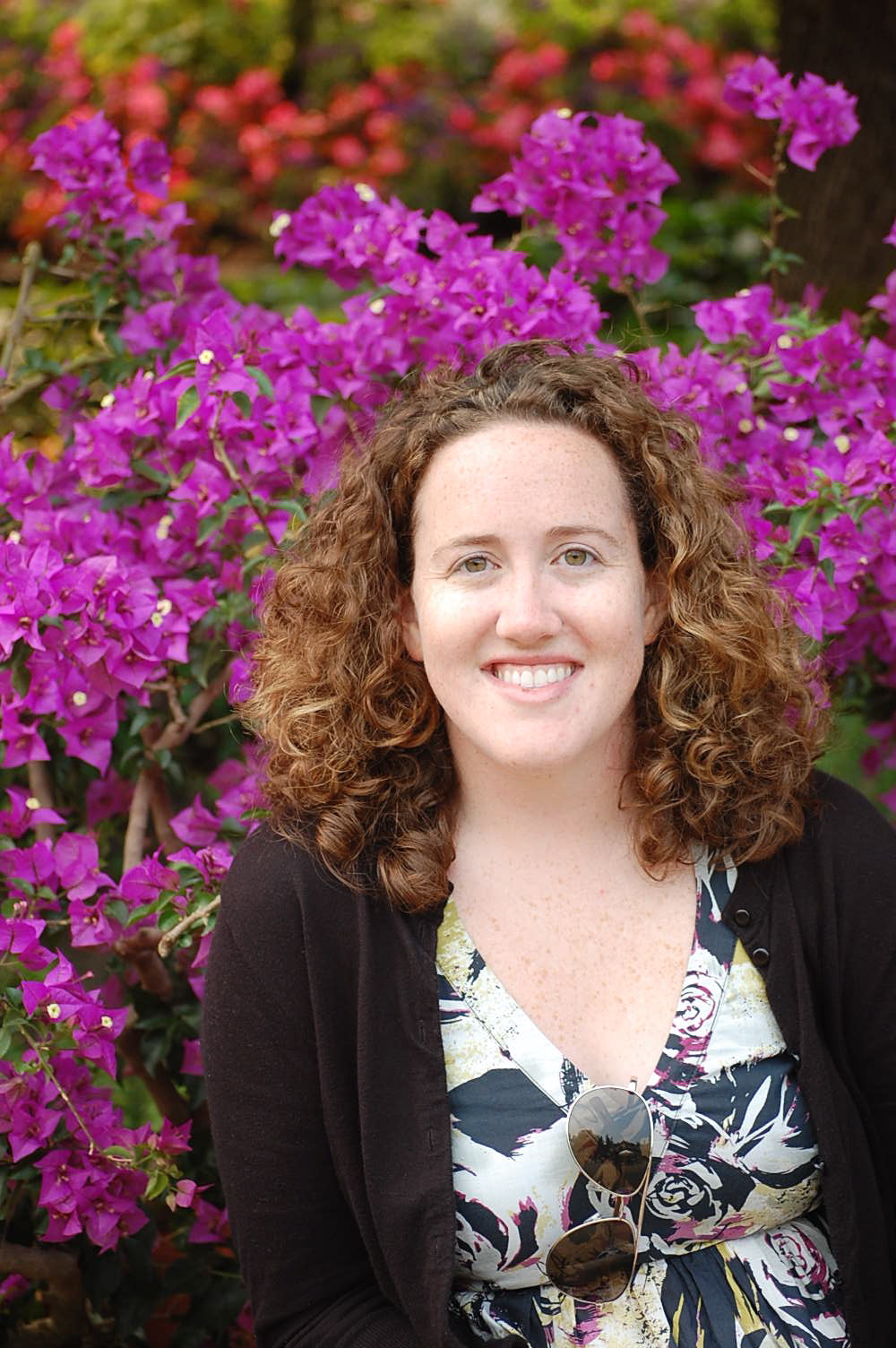By Jessica Horowitz
This post was written by a recipient of a Wanda Chin Scholarship to attended the 2013 Annual Meeting
Every year, the Western Museum Association (WMA) 2013 Annual Meeting provides valuable learning experiences through its sessions and events. For me, this conference provides the chance to step back and observe the overall field and gain a greater understanding of how the field is changing and evolving. In addition to gaining perspective on the field, WMA is also a great forum for networking. Despite meeting many colleagues virtually via email, it is always more rewarding to associate a live person with an email address.
Many themes were addressed throughout the conference sessions this year. However, for me, one of the strongest recurring themes was remembering the importance and value of listening. While at first this seems like such a simple task, being aware and open to listening can actually be a challenge. To take full advantage of this practice one needs to be intentional rather than passive. Being reminded of the role of listening in our daily lives stuck with me more than I expected. The role of listening permeates every facet of our organizations. Furthermore, as a field, listening to community stakeholders is vital in order to keep evolving.
It is not an exaggeration to say that in every session I attended, the value of listening was addressed. Moreover, this theme was also stressed in the keynote address and many of the evening events. One example, in the session titled, “Reflections and Projections: Perspectives on the Museum Profession,” Steven Olsen, Arthur H. Wolf, and Gail Anderson expressed how the field has changed over the past few decades. However, in order to keep evolving, museum staff members need to listen to their community stakeholders. The presenters also explained how they valued learning from listening to stakeholders they might not have thought they could learn from. Surprising to them, some of their greatest mentors were those they least expected.
Every department can be improved through listening to your community. Again, while it seems simple, the process of actively listening can be easy to overlook. Other sessions stressed the importance of listening to donors, board members, volunteers, staff members, grantor organizations and foundations.
Additionally, the evaluation process relies explicitly on listening. Listening to your audience and making adjustments based on their feedback will create a stronger experience for both sides. Evaluation provides many valuable forms of feedback. While listening generally implies hearing, with evaluation, museums also have to listen to their audiences by reading and analyzing survey tools.
Similarly, technology’s success in a museum setting also relies on actively listening. When implementing new forms of technology, it is vital to listen to visitor feedback. In the session titled, “Do More Spending Less: Low Cost Technology and Engagement Strategies” it was stressed that some audiences might not be responsive to technology. Specifically, in one case, the audience simply preferred the analog version for providing feedback rather than the higher tech version. In order to better understand your audience’s comfort level with technology, you have to actively listen to their feedback. Then, based on that feedback, make adjustments accordingly.
Listening forces us to focus on the improvement process. Being aware of the process is how you observe change. Rather than focusing on the end product (which can be easy to do), listening forces us to slow down and think about the overall visitor experience.
Finally, listening to your audience about your organization’s potential absence is another valuable way to gain feedback. For example, an interesting approach presented at the conference was to address what your community would be like without your organization. What would the community be lacking in your absence? If your organization disappeared, what would change? Similarly, if you were to look many years into the future, what would you want a newspaper headline to say about your organization’s legacy?
Before the WMA 2013 Annual Meeting, I would have said that I understood the importance of listening. However, it wasn’t until it was stressed at every level throughout the conference that it really hit home. Understanding the significance of listening helped me better understand its overall value.
You never know whom you might learn something from. Every situation can be a learning experience—if you take the time to listen.
Jessica Horowitz works at the Phoebe A. Hearst Museum of Anthropology in Berkeley, California as the Development and Interpretation Coordinator. Simultaneously, she is in her third year of the MA/MBA program at John F. Kennedy University. She received a BA from Skidmore College. She was a recipient of the Wanda Chin scholarship at the WMA 2013 Annual Meeting in Salt Lake City.
The Wanda Chin Professional Development Support Fund helps support travel and registration for Western Museums Association members and students. The Fund is underwritten bya Silent Auction in the Exhibit Hall of each Annual Meeting. Thank you to all donors and purchasers who have supported both the Fund and professional development it makes possible. For more information, please click here.









Add new comment